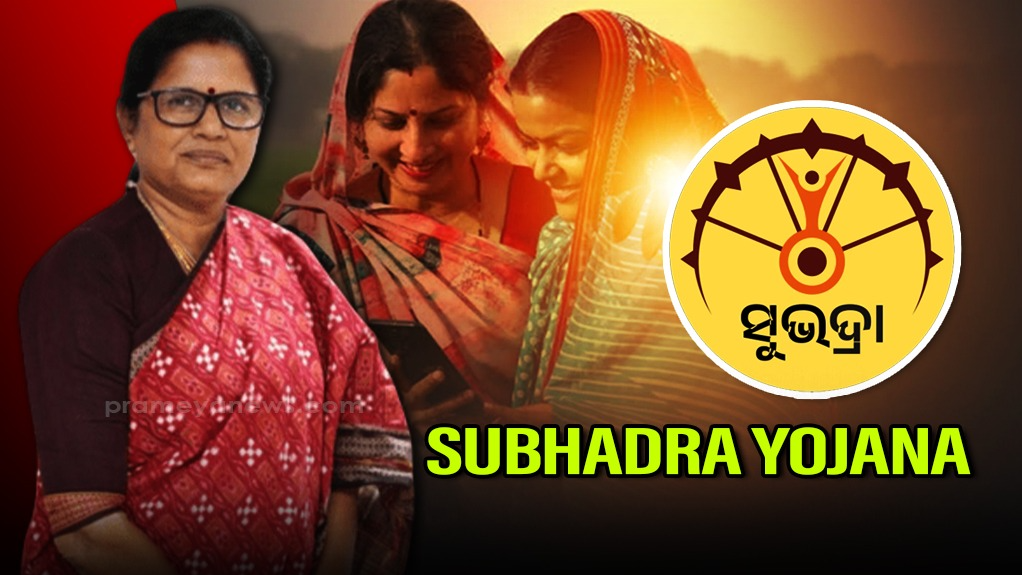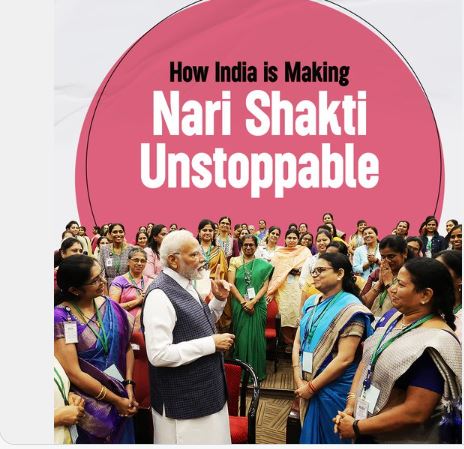Remembering Gandhi On This Day, Food Is Not Filling The Stomach

By D N Singh In one his address to the London Vegetarian Society on November 20, 1931, where he shared the dais with Mr. Salt himself, Mahatma Gandhi revealed that before reading the book by Henry Salt, he had been vegetarian by custom and tradition, but upon reading the book, ‘Plea For Vegetarianism’ , he became a vegetarian by choice. Dietary regime is something which has become all the more in focus after the outbreak of so many health disorders everywhere. The normal understanding of diet has given us to believe that, those who are vegetarians are relatively free from the problems of diabetes, high cholesterol, blood pressure and the dangerous cancerous impact on the body. On the occasion of the Republic day the Pew Research Centre survey on the health scenario among the vegan and non-vegan reveal that, a lot of people moving towards vegetarianism - from celebrities to models and to a lot of health enthusiasts have focused on low calorie diets. In India, as a nation of great diversities, diet is often viewed differently. For instance, the practice of eating meat can be linked to faith also. But sometimes opinions vary. For which, it is essential for a medically based practical analysis to ascertain the efficacies. According to one observation, vegetarians also tend to have a lower body mass index, lower overall cancer rates and lower risk of chronic disease. That is the general assumption and corroborated by doctors even. On this day of the Republic, it would be a huge omission if we do not remember the Father of the nation who kept pleading for vegetarian intake. Fruitarian or vegan is a concept deeply rooted in the Indian psyche as the vast majority of adults in India religiously follow the norms of avoiding meat in their diets. A Pew Research Center survey shows that, most Indians do not stay away from meat while 39% claim themselves as vegetarians in contrast to about 80 percent Indians just have control over meat eating. Even on the consumption of non-veg items in different religions they avoid consumption of meat etc on certain days. To say it simply, food is not just to fill the stomach, an act to relish hunger and a palter for the taste-buds. This is what Hinduism says about food, food habits close-knit with religious and spiritual lifestyle of Indians as whole. All Religions and spiritual theologies do have their own food patterns and restrictions. A healthy life-style do need a regular yet balanced food habit, irrespective of age, sex, caste, religion and geographical boundary. Here comes the eternal debate on the question, either you are vegan or non-vegan. 81% of Indian adults do follow some restrictions on meat in their diet. However, most Indians do not abstain from meat and only 39%, in particular, describe themselves as “vegetarian”. There are interesting contrasts as regards intake of meat. While Hindus come in between 44% on no intake of meat, the Jains have a whopping 92 % who do not eat meat, and Muslims account for 8 percent vegans and the Christians fall within 10 percent. Several Jains, along with meat, do not consume root vegetables such as garlic and onions to avoid destroying the entire plant, which is seen as a form of violence in Jain theology. Even some Hindus (Brahmins in Particular) do follow these strict vegetarian food pattern (like Sankranti and the 11th and 14th day of Waxing Moon or Shukla Paksya). The survey shows that among Hindus and Sikhs, nearly one-in-five say they do not eat root vegetables and thorny vegetables (21% and 18%, respectively). Hindu vegetarians are evenly divided between those who eat root vegetables and those who do not. Fasting is another common dietary practice in India. Atleast three-quarters of Indians overall (77%) fast, including about eight-in-ten or more among Muslims (85%), Jains (84%) and Hindus (79%). Smaller majorities of Christians and Buddhists fast (64% and 61%, respectively), while Sikhs are the least likely to fast (28%), according to Pew Research Centre Survey. Even Physicians do prescribe a systematic fasting for cleansing toxic elements from body. Moreover, Indians are more likely to say that following dietary restrictions is a requirement for religious identity than to say that belief in God and prayer are essential. Among Muslims, Sikhs and Jains, even greater shares say that following dietary rules is essential to religious identity: 77% of Muslims say a person cannot be Muslim if they eat pork, compared with smaller shares who say this about a person who does not believe in God (60%) or never prays (67%). About the Author: DN Singh is a Bhubaneswar-based senior journalist. DISCLAIMER This is the personal opinion of the author. The views expressed in this write up have nothing to do with the www.prameyanews.com
Latest News

Pharma factory blast in Telangana: Odisha send...

Three killed as illegal Manganese mine collaps...

Priyanka Chopra learns Odisha’s Mayurbhanj Chh...
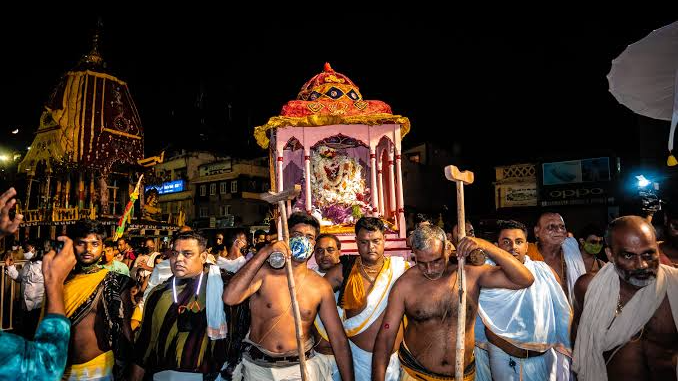
Rath Yatra 2025: Lakshmi-Narayana Besha during...
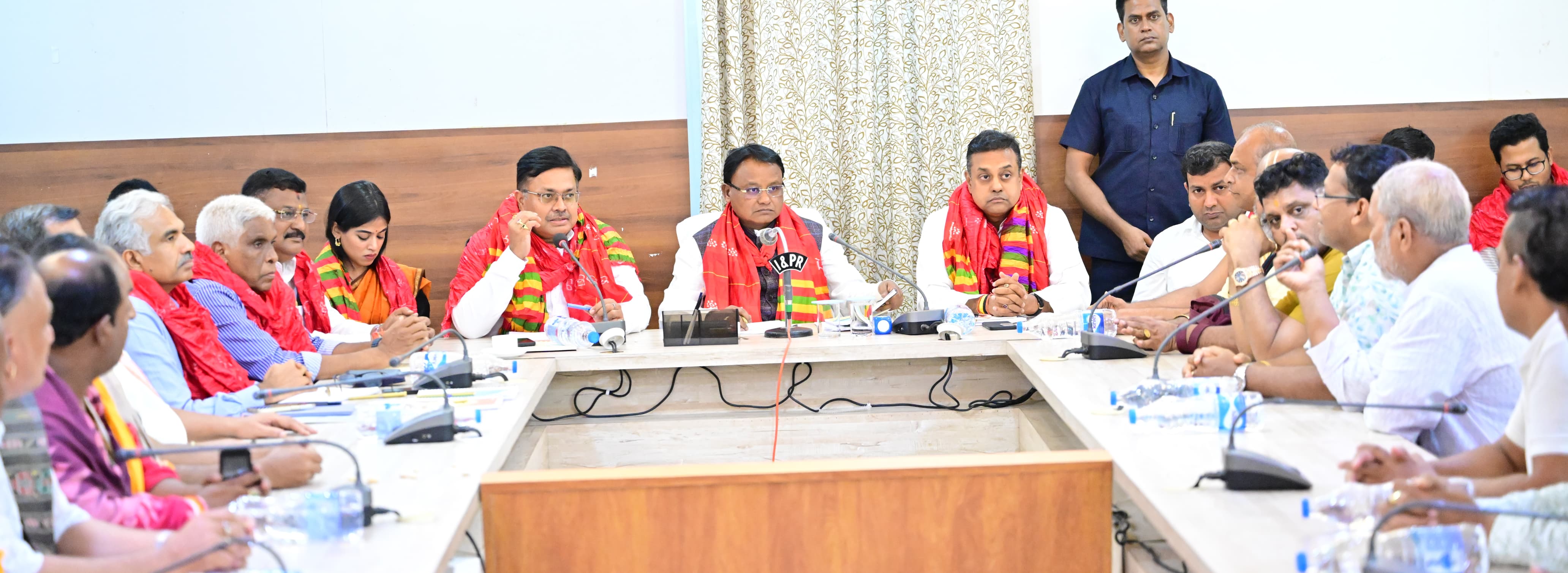
Rath Yatra 2025: Odisha CM holds key discussio...
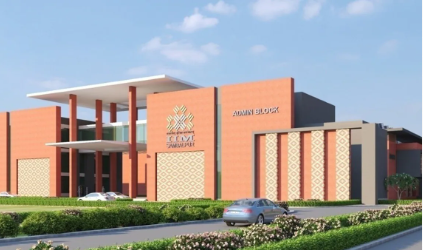
IIM Sambalpur welcomes 363 students for MBA ba...
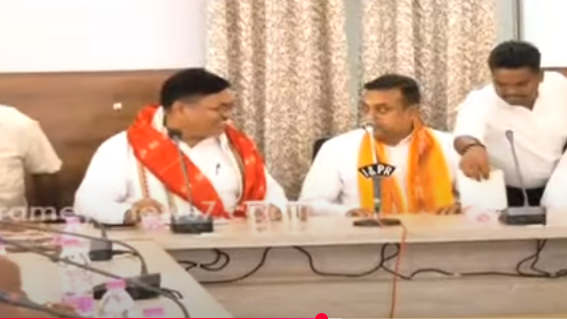
After Chaos, A Push for Reform at Puri's Jagan...
Copyright © 2024 - Summa Real Media Private Limited. All Rights Reserved.













